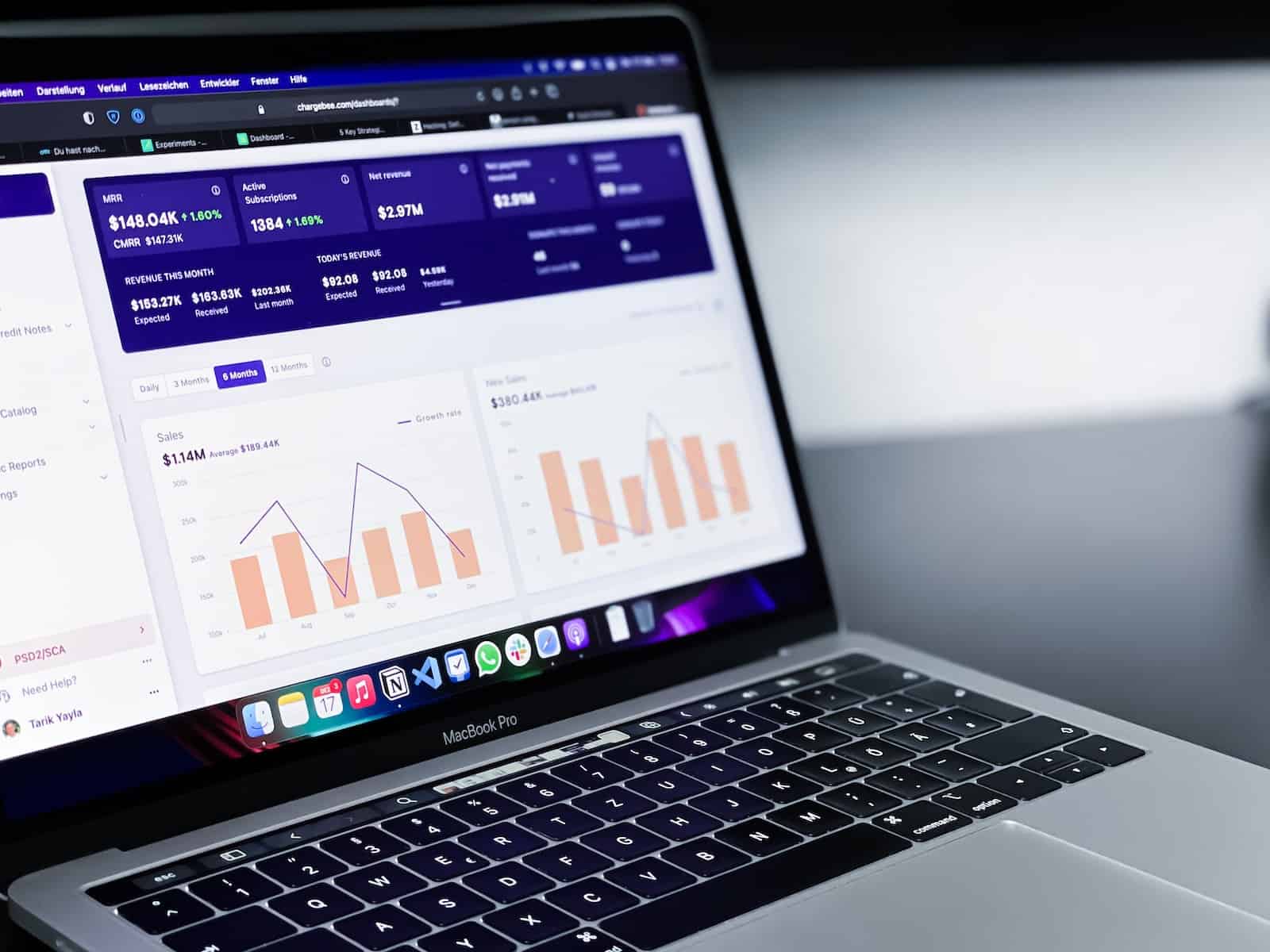Data analytics has become a critical tool for businesses across a wide range of industries, and procurement is no exception. By leveraging data analytics, procurement professionals can gain insights into their spending patterns, identify potential cost savings opportunities, and make more informed procurement decisions.
In this article, we’ll go over the importance of data analytics in procurement and how it can be leveraged to drive business success.
The Importance of Data Analytics in Procurement
Data analytics is essential to procurement for several reasons. First, it allows procurement professionals to gain a better understanding of their spending patterns. By analyzing spending data, businesses can identify which suppliers are costing them the most money, which categories of spending are the most significant, and which departments or locations are spending the most money. This information can be used to identify potential cost savings opportunities and to negotiate better contracts with suppliers.
Second, data analytics can help businesses mitigate risk. By analyzing data on supplier performance, businesses can identify potential compliance issues or supplier fraud. This can help businesses avoid costly legal or reputational issues and maintain a positive relationship with their suppliers.
No less important, data analytics can help businesses improve their procurement processes. By analyzing data on purchase orders, invoices, and payments, businesses can identify areas of inefficiency and bottlenecks in their procurement processes. This information can be used to streamline processes, reduce manual intervention, and free up staff time for more strategic activities.
How to Leverage Data Analytics in Procurement
To leverage data analytics in procurement, businesses need to have the right tools and processes in place. This typically involves investing in a procurement analytics solution that can collect, store, and analyze procurement data.
This solution should be able to integrate data from multiple sources, including ERP systems, supplier databases, and financial systems, and provide a single view of procurement data. Thinking Machine is a great example of an analytics tool for the Technology Sector that can collect, store, and analyze data for your organization.
Once the data analytics solution is in place, businesses can begin to leverage data analytics to make more informed procurement decisions. For example, they can use spend analysis to identify opportunities for cost savings, such as consolidating suppliers or negotiating better contracts. They can also use supplier performance data to identify high-performing suppliers and to develop a supplier scorecard to measure supplier performance over time.
Data analytics can also be used to develop predictive models to forecast procurement trends and to identify potential risks. For example, businesses can use predictive analytics to forecast demand for products or services, helping them to better manage inventory levels and avoid stockouts. They can also use predictive models to identify potential fraud or compliance issues, enabling them to take action before any issues arise.
Challenges of Data Analytics in Procurement
While data analytics offers many benefits for procurement, it also presents some challenges that businesses need to be aware of. One of the primary challenges is data quality. Procurement data can come from multiple sources, and it may be incomplete or inaccurate. It’s essential for businesses to ensure that their data is clean, consistent, and accurate before analyzing it to avoid making incorrect decisions.
Another challenge of data analytics is the complexity of the tools and techniques involved. Procurement data can be vast and complex, making it challenging to analyze effectively. Businesses need to have skilled data analysts who can use advanced statistical techniques to extract insights from the data.
Finally, data security is a significant concern in procurement data analytics. Procurement data often contains sensitive information, such as financial data or personally identifiable information (PII), and it’s critical to ensure that this information is protected. Businesses should implement strong data security measures, such as encryption, multi-factor authentication, and firewalls, to protect their procurement data from unauthorized access.
Summary
In summary, data analytics is critical to procurement, offering businesses valuable insights into their spending patterns, supplier performance, and procurement processes. By leveraging data analytics, businesses can identify potential cost savings opportunities, mitigate risk, and improve their procurement operations. However, data analytics also presents some challenges, including data quality, complexity, and security concerns. To overcome these challenges, businesses should invest in the right tools and processes, ensure data quality, have skilled data analysts, and implement strong data security measures. By doing so, businesses can leverage data analytics to make more informed procurement decisions and drive business success. As data analytics continues to evolve, it’s clear that it will play an increasingly important role in procurement, and businesses that can effectively leverage data analytics will have a competitive advantage over those that cannot.

